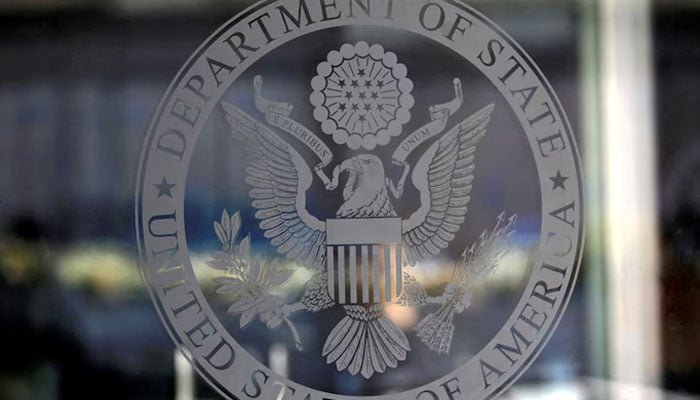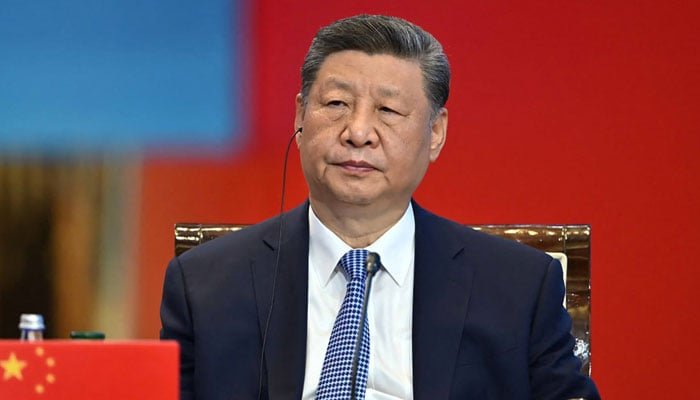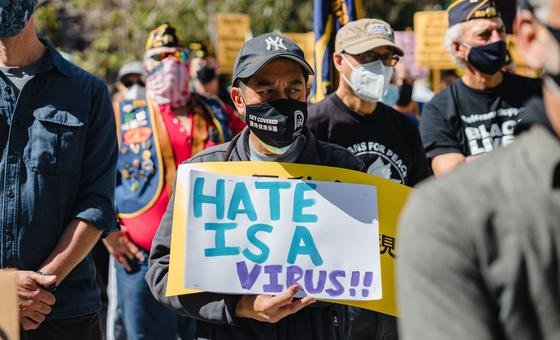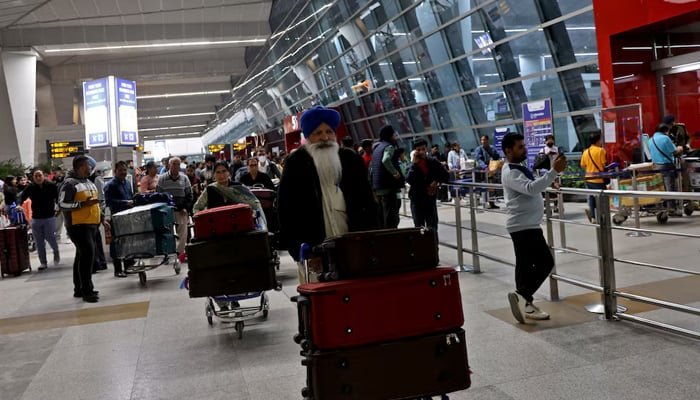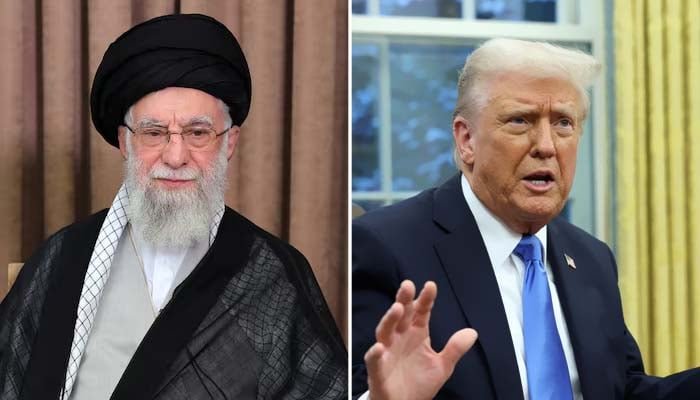The United States will begin enforcing visa bans on foreign officials involved in censoring Americans on social media, Secretary of State Marco Rubio announced on Wednesday, Reuters reported.
The new policy targets those responsible for limiting free expression protected under US law, particularly on digital platforms.
While Rubio did not cite specific examples, tensions have grown between US tech companies and some European governments over content moderation rules. The move signals a stronger stance from Washington against what it sees as overreach by foreign authorities.
Rubio emphasised that it is unacceptable for foreign officials to issue or threaten arrest warrants over posts made in the US, or to pressure American tech firms into enforcing global content rules that affect users in the US.
This marks a shift in US foreign policy, aiming to protect online speech and resist international censorship efforts targeting Americans.
Some foreign officials have taken “flagrant censorship actions against US tech companies and US citizens and residents when they have no authority to do so,” Rubio said.
US social media companies, such as Facebook and Instagram’s parent, Meta, have stated that an EU content moderation law, the Digital Services Act, amounts to censorship of their platforms. The Trump-appointed chairman of the US Federal Communications Commission in March warned that the EU Digital Services Act excessively restricts freedom of expression.
In January, Meta said it would end its US fact-checking program in favour of community notes on controversial posts, but the company continues fact-checking elsewhere, including in Europe and Latin America.
EU regulators have issued preliminary findings that X, the platform owned by Trump ally Elon Musk that also relies on community notes, saying it breached the bloc’s content moderation rules.
EU officials have defended the Digital Services Act, which is meant to make the online environment safer and fairer by compelling tech giants to do more to tackle illegal content, including hate speech and child sexual abuse material.
A European Commission spokesperson said commissioners were aware of Rubio’s announcement, which “seems to be general.” The spokesperson declined to comment further.
The EU has been seeking a trade deal with Washington to avoid President Donald Trump’s threatened 50% tariffs on European imports. Rubio’s announcement came just before he met with German Foreign Minister Johann Wadephul in Washington.
Europe ‘A hotbed of digital censorship’
Trump officials have repeatedly weighed in on European politics to denounce what they see as suppression of right-wing politicians, including in Romania, Germany and France, accusing European authorities of censoring views like criticism of immigration in the name of countering disinformation.
In April, Rubio shut down a State Department office that had sought to counter foreign disinformation, accusing it of censorship and wasting US taxpayer money.
In a social media post on Wednesday, Rubio added, “Whether in Latin America, Europe, or elsewhere, the days of passive treatment for those who work to undermine the rights of Americans are over.”
Rubio did not name specific countries or individuals that would be targeted.
Brazilian Supreme Court Justice Alexandre de Moraes has clashed with X over compliance with orders to take down accounts accused of spreading misinformation. Trump’s media company, along with video sharing platform Rumble, has also sued the judge over an order to remove the accounts of Allan dos Santos, a US-based supporter of former Brazilian President Jair Bolsonaro.
Chris Pavlovski, CEO of Rumble, welcomed the visa ban policy on Wednesday. “As Rumble has experienced, these enemies of free speech from around the world try to reach into America and supersede the First Amendment,” he said in a statement.
The Brazilian government is waiting to fully understand who could be targeted by the ban and what its scope would be, a government source told Reuters on condition of anonymity.
The Trump administration has repeatedly called out European nations for supposed censorship of online content.
Vice President JD Vance denounced content moderation while in Paris in February, calling it “authoritarian censorship.”
Rubio has said threats to free speech are an attack on shared values that are important to the US-European relationship and said the issue was being raised in diplomacy with both the EU and Britain.
Officials from the State Department’s Bureau of Democracy, Human Rights and Labour are separately visiting EU members France and Ireland this week to press those governments on freedom of expression, a State Department official told Reuters, requesting anonymity.
An op-ed by Samuel Samson, senior advisor for that bureau, accused Britain and Germany of censoring online speech and said the EU Digital Services Act was “used to silence dissident voices through Orwellian content moderation.” He also cited Britain’s jailing of two anti-abortion activists.
“Far from strengthening democratic principles, Europe has devolved into a hotbed of digital censorship, mass migration, restrictions on religious freedom, and numerous other assaults on democratic self-governance,” Samson wrote.

